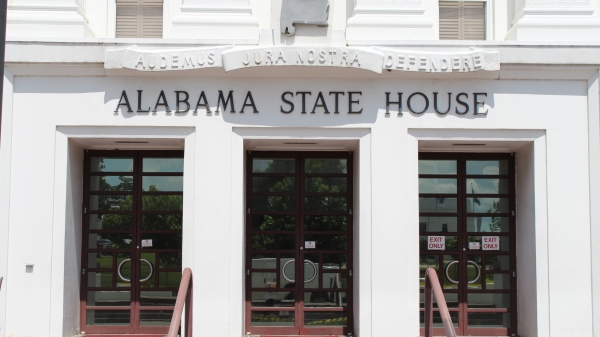An Alabama nonprofit wants those who need assistance after a sexual assault to know that the COVID-19 crisis hasn’t shuttered the state’s rape crisis centers, which are still providing care and are ready to help.
Alabama Coalition Against Rape’s (ACAR) 16 member crisis centers across the state continue to provide care for victims after sexual assaults.
“Throughout this crisis, our member centers have worked tirelessly to man their 24-hour hotlines, provide forensic exams, counseling, and other services,” said Kathleen Connolly, Deputy Director at ACAR, in a statement. “Some services are being provided in person, with appropriate safety measures, and others are being provided remotely, but services are available all day, every day.”
The centers are ready to provide care to survivors at no cost, whether the sexual assault happened recently or in the past, according to a press release from the nonprofit.
“ACAR and our member centers believe that victim/survivors’ needs are paramount, and we are all working to ensure seamless delivery of these crucial services,” Kimberly Love, Executive Director at ACAR, in a statement.
2nd Chance, a rape crisis center in Anniston and one of the 16 member centers, has continued to provide counseling, case management and operate support groups via the Internet and by telephone throughout the coronavirus crisis, according to the release. The center also provides forensic exam advocacy within hospital emergency departments.
2nd Chance provides advocacy for domestic and sexual violence victims in Calhoun, Cleburne, Cherokee, Etowah, Randolph and Talladega Counties.
“2nd Chance has been following guidance offered by the CDC and mandated by state and local health departments and government officials since first addressing COVID-19 at the March 9th staff meeting. We are practicing proper hand hygiene, social distancing, wearing masks, and cleaning frequently in an effort to keep everyone safe,” said Susan Shipman, Executive Director, 2nd Chance, in a statement.
Trace Fleming-Trice, program director at 2nd Chance, said although services may not look exactly like they did before the COVID-19 emergency “we are still here for victims/survivors of sexual violence in Northeast Alabama. That will never change. We are here if you need us.”
To learn more, visit 2nd Chance here or the center’s Facebook page here. Victims/survivors are also encouraged to call the 2nd Chance 24-hour support line at 256-236-7233.
Visit the Alabama Coalition Against Rape for a list of rape crisis centers in Alabama and their hotline numbers.






















































